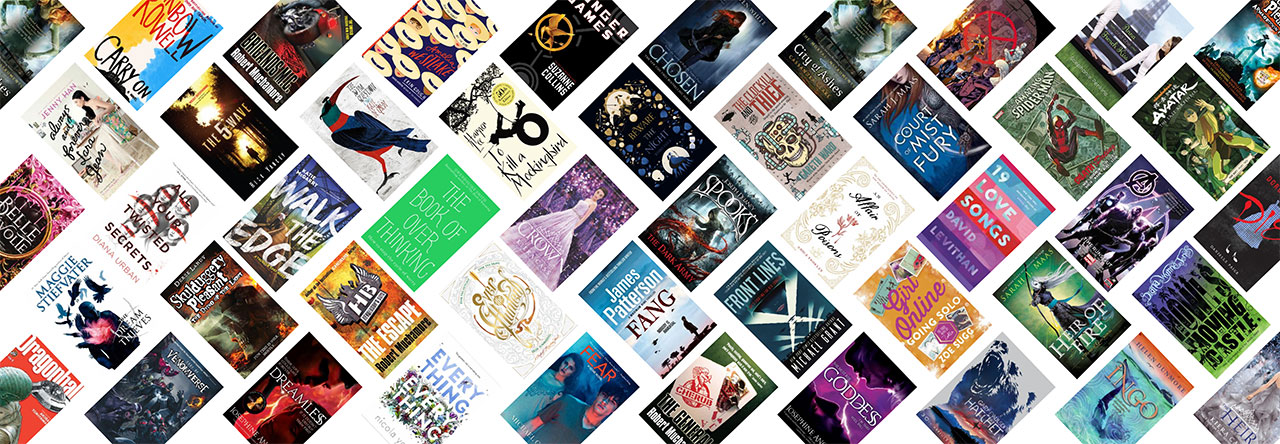Classic novels are books that have withstood the test of time. Like a Châteauneuf-du-Pape, their popularity increases with time and they are always a delight to experience. They can be just as relevant now as they were when they were first published. Or maybe you just need to read it for school? Either way, you will be sure to impress if you’ve read one of these masterpieces.
We have written a brief summary to make it easier to choose. We have used haiku form, as they themselves are elegant and classic; and so entirely appropriate.
Nineteenth Century Classic Novels
Jo and her sisters
Struggle to pursue their dreams
With help from Marmie.Four little women
On their way to adulthood.
One doesn’t make it.
~ Little Women (1868) – Louisa May AlcottLiz is prejudiced,
Darcy is proud. They must make
a perfect couple.
~ Pride and Prejudice (1813) – Jane Austen
The boy d’Artagnan
Learns to swashbuckle and fight
With help from three friends.
~ The Three Musketeers (1844) – Alexandre DumasNot like the movie.
The end of the road for the
Three Musketeers. Fin.
~ The Man in the Iron Mask (1847-1850) – Alexandre Dumas‘It was the best of
times. It was the worst of times.’
How’s that for a start?
~ A Tale of Two Cities (1859) – Charles DickensElementary,
my dear Watson; that mud
on your boots is wet.
~ The Adventures of Sherlock Holmes (1891-) – Sir Arthur Conan DoyleA family cursed –
fake beards; foggy moors; and
a phosphorent dog.
~ The Hound of the Baskervilles (1902) – Sir Arthur Conan DoyleRomanian count
with prediliction for blood
goes on holiday.
~ Dracula (1897) – Bram StokerPip’s expectations
are great. But Miss Havisham’s,
sadly, are greater.
~ Great Expectations (1861) – Charles Dickens
Slavery was bad
and Beecher Stowe wrote a book
to illuminate.
~ Uncle Tom’s Cabin (1852) – Harriet Beecher StoweOrphaned Oliver
escapes to olde Cockney slums
Falls in with bad crowd.
~ Oliver Twist (1841) – Charles Dickens
Frankenstein wasn’t
the monster; maybe he was?
Regency sci-fi.
~ Frankenstein (1818) – Mary Wollstoncroft ShelleyMaiden match-maker
Emma matches most; mayhaps
Regency chick lit?
~ Emma(1815) – Jane AustenNelly the maid’s tale:
Cathy, Heathcliff, Yorkshire moors,
endless love… blah, blah.
~ Wuthering Heights (1847) – Emily Bronte
In the red corner:
Captain Ahab. In the blue:
large white cetacean.
~ Moby-Dick (1851) – Herman MelvilleFamily man Jude
tries to climb social ladder
but results are mixed.
~ Jude the Obscure (1895) – Thomas HardyBecky Sharp’s vices
are numerous. Does she learn
morality? No.
~ Vanity Fair (1848) – William Thackeray
Twentieth Century Classic Novels
Astronaut crashes,
captured by ape overlords.
Who laughs now, human?
~ Planet of the Apes (1963) – Pierre BoulleThe whisky priest is
On the run in Mexico:
Can he be redeemed?
~ The Power and the Glory (1940) – Graham GreeneSir Percy Blakeney’s
A spy disguised as a toff:
The Frenchies seek him.
~ The Scarlet Pimpernel (1905) – Baroness Emmuska Orczy
Poor, young English rose
He loves me, he loves me not;
what’s a girl to do?
~ I Capture The Castle (1948) – Dodie SmithAll sons need their mums
but the Morel boys just can’t
cut those apron strings.
~ Sons and Lovers (1913) – D. H. Lawrence
Boys stranded without
parental supervision
vote each other off
~ The Lord of the Flies (1954) – William GoldingGang member makes good
after Johnny tells him to
stay gold, Ponyboy.
~ The Outsiders (1967) – S. E. HintonDisenchanted youth
has emotional collapse;
you bunch of phonies.
~ The Catcher In The Rye (1951) – J. D. SalingerAlabama girl
says boo to a goose; learns life
is not black and white.
~ To Kill A Mockingbird (1960) – Harper LeeDoubleplusungood
Big Brother crimestop oldspeak
dystopic oldthink.
~ Nineteen Eighty-Four (1949) – George Orwell




Leave a Reply